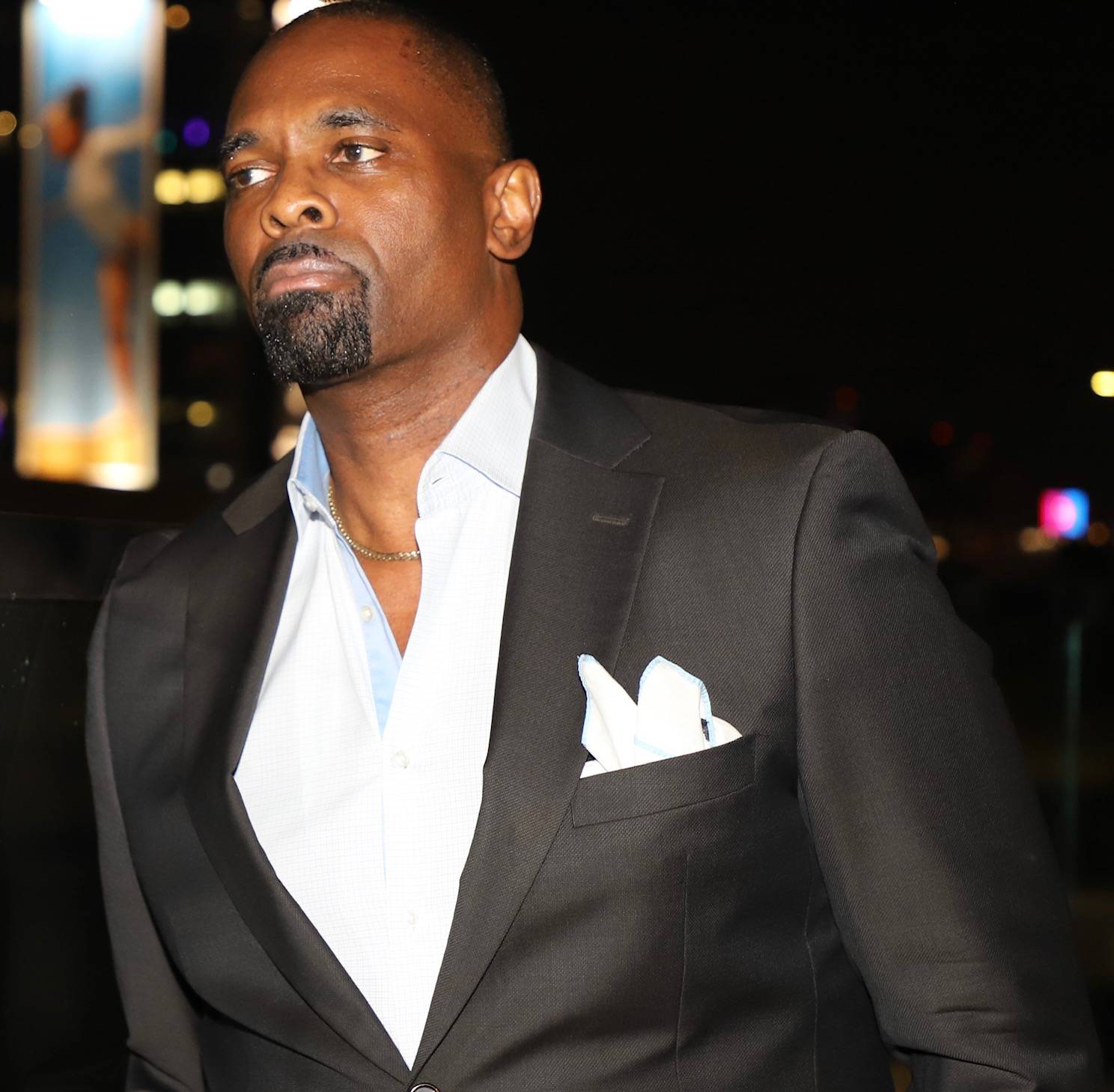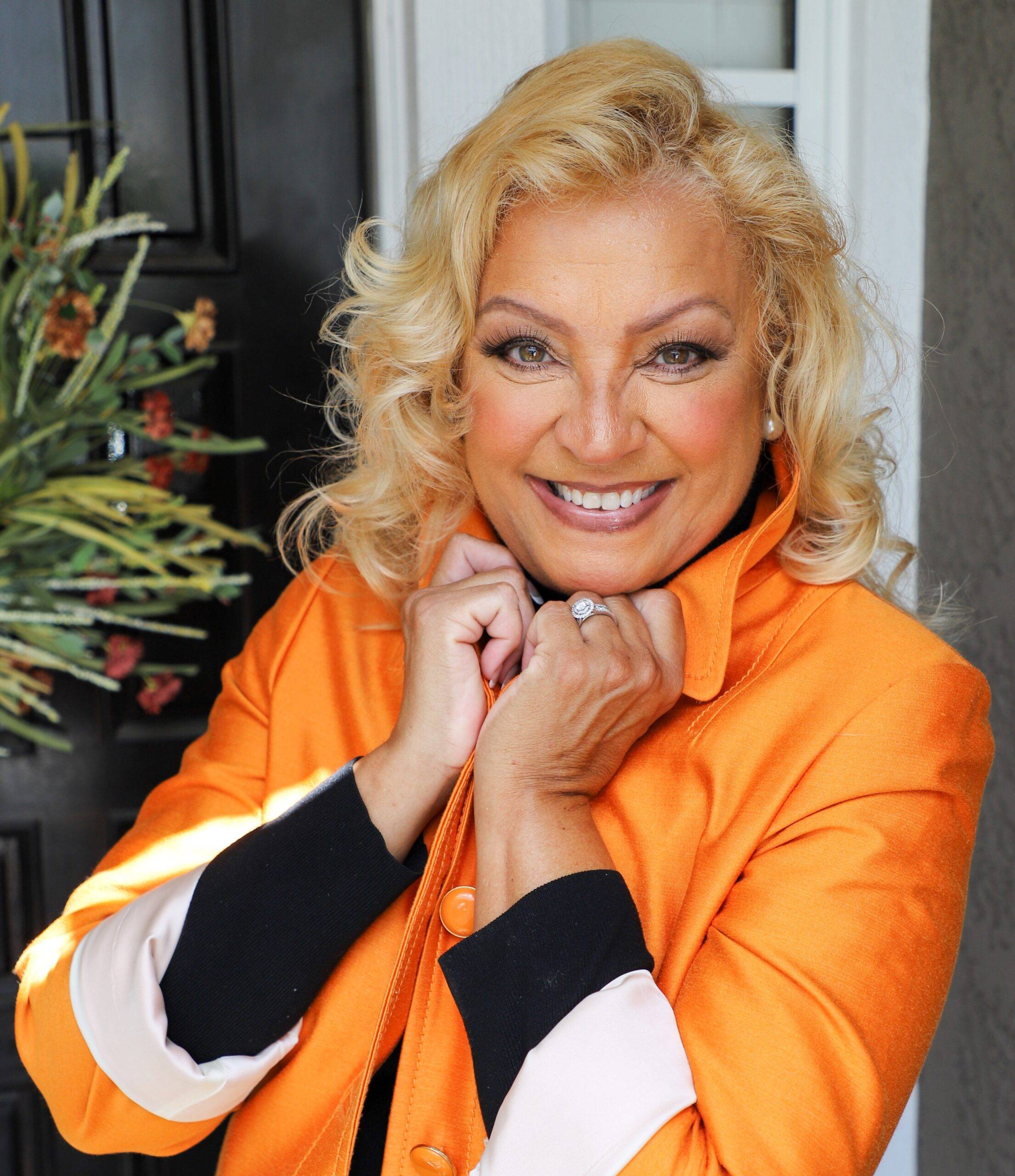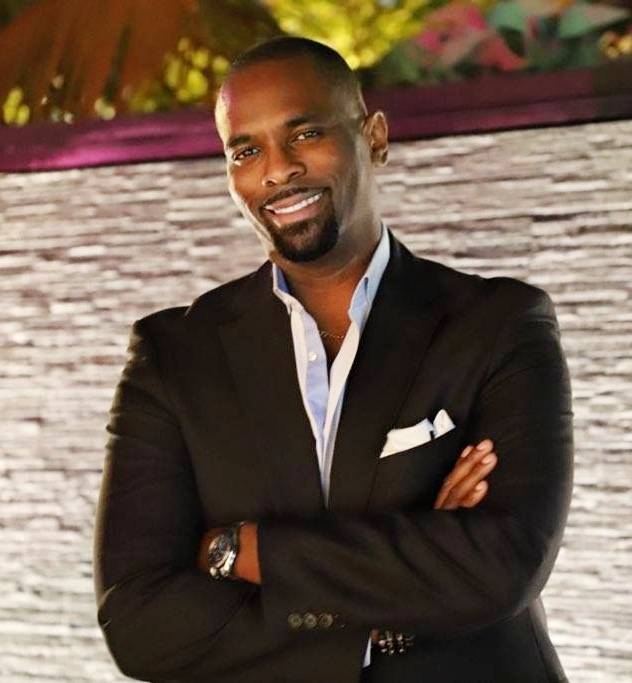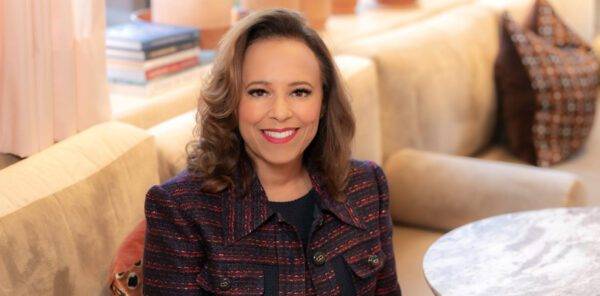Fontana, CA — Imagine this: You’re about to go on a first date. You’ve swiped, you’ve chatted, and somewhere between “What kind of dog do you have?” and “You into true crime podcasts?”—you pause, pull out your phone, and log into Tea.Because you don’t just want a date—you want intel.
This is the world Tea is introducing: before you lean in to kiss, you run the guy through crowdsourced rumors, background checks, reverse‑image searches, and gossip boards. It’s like Yelp for boyfriends. For many Black women, who’ve heard story after story from sisters, cousins, church friends, and therapists, it feels right to have a place to drop exes’ receipts—or scan for red flags before a man shows up wearing cologne and charm.
But here’s the real tea: safety is essential, yes—and still, Tea the app risks creating a wedge in Black dating. It can reinforce a narrative that Black men are the default problem, that Black women are perpetual victims needing surveillance, and that accountability is something we outsource to software instead of cultivating within ourselves and our communities. So let’s sip slowly through the nuts, bolts, benefits, dangers, and healthier alternatives.
What Is Tea, Who Built It, and Why It Blew Up
Tea (officially called Tea Dating Advice) launched as a platform for reviews and safety, not a dating app. Women can anonymously share experiences about men they’ve dated or are considering dating: “Are we dating the same guy?” “Any red flags?” Users can upload a photo, provide a first name, and choose a city to crowdsource information. The app also offers tools like reverse-image search, public record lookups, and sex offender registry checks. Its core idea is proactive safety.
The founder, a tech executive who saw his mother deal with risky online dates, described Tea as a scaled whisper network: taking what women already do in group chats and public spaces and giving it structure, anonymity, and wider reach. The business combines free features with paid background checks and premium searches. Viral on TikTok, its popularity was driven by fear and curiosity. At its height, it topped the App Store charts—indicating a market hungry for reassurance.
How It Works (Nuts & Bolts)
- Anonymous posts and queries about men (with red‑/green‑flag tags).
- Community threads to compare notes—yes, including the infamous “Are We Dating The Same Guy?” vibes.
- Reverse‑image search and basic public-record checks (with upsells for deeper pulls).
- “No screenshots” UX friction meant to discourage copying and reposting (not foolproof against external capture).
- Promoted as a safety tool; marketing claims include donations to domestic‑violence hotlines.
- Monetized via subscriptions and paid background checks; referral unlocks for certain features.
Why It Resonates—Especially With Black Women
Let’s give respect where it’s deserved. In a dating scene filled with red-flag horror stories, Tea feels like a power move. Before you spend time, childcare, emotional energy, and gas money, you can look out for obvious dangers. It highlights whisper networks, makes warnings more accessible, and provides psychological relief—“I did my homework.” It also promotes accountability: if multiple women notice a pattern, maybe he’ll think twice next time.
For women who’ve been gaslit, love-bombed, or financially exploited, that validation is very meaningful. Considering that Black women face higher rates of intimate partner violence than many peers, the need for tools like Tea becomes painfully clear.
But Here’s the Plot Twist: Tea’s Dangers & Cultural Costs
1) Privacy & Data Security
In mid-2025, Tea experienced a major breach—tens of thousands of images and even government ID verification photos were exposed, along with private messages. If the safety app can’t keep your data secure, the shield backfires. Security promises like “no screenshots” can’t prevent external capture; verification archives can become honey pots for hackers.
2) Defamation Without Due Process
Anonymous posts combined with unequal power create risk. One person’s spite, misunderstanding, or heartbreak can leave a lasting mark on a man’s reputation—especially within close Black social circles. There are few ways to dispute, provide context, or repair. A single viral allegation, whether true or false, can haunt someone for years.
3) Surveillance Culture Kills Chemistry
When dating turns into a dossier, we approach dinner like a jury judgment, not with curiosity. Trust needs vulnerability and open conversation. If the first question is “show me your receipts,” we eliminate the space for explanation, apology, or growth.
4) The Black‑Love Wedge
In Black dating, narratives are already biased: men as untrustworthy or dangerous, women as lifelong survivors.“Tea,” by design, focuses on women’s trauma stories while ignoring women’s own accountability or growth. It can reinforce the idea that Black men are inherently threats and Black women need surveillance—reducing complex stories to simple heroes and villains.
5) Mental Health Fallout
Constant scanning fosters hypervigilance and anxiety. Reading accusations about someone you’re hopeful about can retraumatize them. For men, being watched or misrepresented can increase shame, anger, or depression. In a community already fighting stigma and access issues in mental health, this digital tension adds to the suffering.
“Wait, you mean I gotta tea him before I even Tinder him?” — “Is dating now an investigative podcast with a brunch budget?” — “Sis, are you going on a date or briefing MI6?” The jokes land because the anxiety is real. Tea can tempt us to become forensic analysts instead of lovers with clear boundaries. And in professional Black spaces—grad degrees, good jobs, big ministries—we already do a lot of intellectualizing. Tea risks turning our hearts into spreadsheets, where a rumor gets the same weight as reality.
To deepen the conversation, we need Black therapists and relationship educators who can hold both truths: women’s safety is non-negotiable, and public shaming isn’t a healing strategy. Seek out voices like Dr. Thema Bryant, Dr. Joy Harden Bradford, and Dr. Monnica Williams on trauma and trust; couples therapists who prioritize repair over revenge; and digital-ethics scholars who understand how anonymity and defamation affect marginalized communities. Ask the tough questions: When does vigilance turn into paranoia? How can we restore due process in the age of viral accusations? What community practices help us hold people accountable without destroying the village?
Receipts We Should Actually Trust (Data & Context)
- Black women face elevated rates of intimate partner violence, and Black Americans under‑utilize mental‑health care; safety concerns are real, and healing resources are uneven.
• Systemic pressures—economic stress, incarceration, racism—strain Black relationships.
• Online dating brings racialized bias; Black daters often face higher rejection and more stereotyping.
• Translation: the ecosystem is already fragile. Tools like Tea can stabilize or shatter—depending on how we use them.
If He’s Truly Problematic, Do This—Not That (Alternatives to Public Shaming)
- Private Sister Circles: Use trusted, identity‑verified group chats or women’s circles. Share with discretion, not spectacle.
- Accountability Before Exposure: If safe, ask directly; seek clarity. If he can’t be accountable, that’s your data point—exit.
- Therapy & Healing: Work with Black‑affirming therapists or groups to unpack patterns, projection, and boundaries.
- Boundaries & Early Exits: When red flags stack, leave early. No press release necessary.
- Selective Public Records: Use official sources (court/registry) before rumors. Facts beat hearsay.
- Community Mediation: Elders, pastors, or trained mediators can help when both parties consent.
- Transform the Narrative: Promote mutual accountability, repair, and conflict skills in our churches, podcasts, and classrooms.
- Reserve the Megaphone: Save public call‑outs for verified abuse and criminality—when community warning is necessary and evidence‑based.
Sidebar: Green Flags We Undervalue
- Clear, consistent communication without performance.
- Keeps promises small and delivers big.
- Talks about repair, not revenge, when conflict pops up.
- Has friends or mentors who tell him the truth.
- Admits wrong without a courtroom cross‑examination.
Tea is seductive. It promises power, insight, safety. It gives voice to women who have felt silenced. But when the tool becomes the narrative, it becomes the judge. If every story is filtered through “is he safe or dangerous,” we lose relational imagination—possibility, grace, repair, conversation, chance.
In Black dating—where love already carries the weight of history—we cannot afford to turn romance into surveillance. We need smarter hearts and wiser boundaries, not louder bullhorns. If it’s a crime, call the police. If it’s incompatibility, call your Uber and find your peace. Do the healing work that turns red flags into early exits instead of late-night exposés. Don’t outsource the heavy lifting of discernment to an algorithm.
Because love is messy, but it’s also nuance, redemption, and—yes—possibility. Let’s build a culture that protects women, honors men’s humanity, and keeps our receipts where they belong: in facts, in therapy, and in communities committed to growth.





